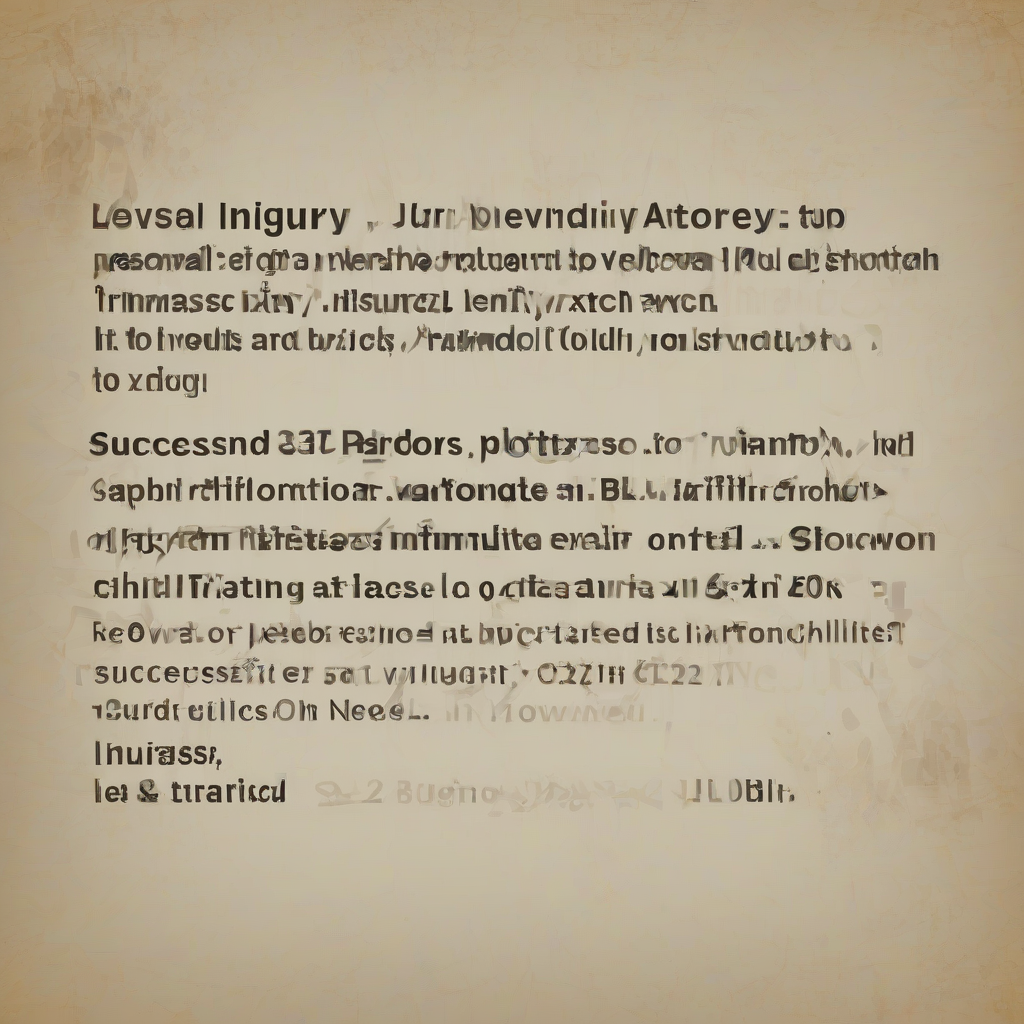Finding the Right Family Attorney in San Antonio
Facing family legal issues can be incredibly daunting. The emotional toll combined with the complex legal landscape can leave you feeling overwhelmed and uncertain. In San Antonio, a city rich in diverse communities and family structures, finding the right family attorney is crucial for navigating these challenges effectively. This comprehensive guide explores the key considerations when searching for a family attorney in San Antonio, helping you make informed decisions during a stressful time.
Understanding Family Law in Texas
Texas family law governs a wide range of matters, including:
- Divorce
- Child custody and support
- Adoption
- Paternity
- Domestic violence
- Protective orders
- Prenuptial and postnuptial agreements
- Grandparent’s rights
- Property division
The specific laws and procedures can be intricate, varying depending on the unique circumstances of each case. Therefore, choosing an attorney with a deep understanding of Texas family law is paramount.
Essential Qualities to Look for in a San Antonio Family Attorney
Selecting the right legal representation involves more than just finding a licensed attorney. Consider these vital qualities:
- Experience and Specialization: Seek an attorney with extensive experience handling cases similar to yours. Specialization in a specific area of family law (e.g., high-net-worth divorces, international custody disputes) can be particularly beneficial.
- Reputation and Track Record: Research the attorney’s reputation through online reviews, bar association ratings, and referrals. Look for consistent positive feedback and a proven track record of success.
- Communication Skills: Effective communication is crucial. Choose an attorney who listens attentively, explains legal concepts clearly, and keeps you informed throughout the process. Regular updates and accessible communication channels are essential.
- Compassion and Empathy: Family law matters are emotionally charged. Find an attorney who demonstrates empathy, understanding, and a genuine concern for your well-being.
- Strategic Approach: A skilled attorney will develop a well-defined legal strategy tailored to your specific situation. They should consider all available options and strive for the best possible outcome.
- Accessibility and Responsiveness: Prompt responses to your questions and concerns are essential. An attorney who is readily available and responsive to your needs shows a commitment to your case.
- Fees and Payment Plans: Discuss attorney fees and payment options upfront. Transparency regarding costs and available payment plans is crucial to avoid unexpected financial burdens.
How to Find a Qualified Family Attorney in San Antonio
Several resources can assist you in finding a qualified family attorney in San Antonio:
- State Bar of Texas Website: The State Bar of Texas website provides a directory of licensed attorneys in the state, allowing you to search by location and area of practice.
- Online Legal Directories: Several online legal directories offer attorney profiles, reviews, and ratings. These platforms can help you compare attorneys and gain insights into their experience and client feedback.
- Referrals: Seek referrals from trusted sources such as friends, family, financial advisors, or other professionals who have experience with family law matters.
- Local Bar Associations: San Antonio’s local bar associations may offer referral services or resources to connect you with qualified family attorneys.
Initial Consultation: A Crucial First Step
Before committing to an attorney, schedule an initial consultation. This meeting allows you to discuss your case, ask questions, and assess the attorney’s suitability. During the consultation, be prepared to:
- Clearly explain the details of your case.
- Ask questions about the attorney’s experience, fees, and approach to your case.
- Assess the attorney’s communication style and overall demeanor.
- Discuss your goals and expectations for the legal process.
Don’t hesitate to meet with several attorneys before making a decision. Finding the right fit is crucial for a successful outcome.
Navigating the Legal Process
Once you’ve chosen an attorney, understand that the legal process can be lengthy and complex. Your attorney will guide you through each step, including:
- Filing the necessary paperwork: This involves preparing and submitting the required legal documents to the court.
- Discovery: This phase involves gathering evidence and information relevant to the case.
- Negotiations and Mediation: Your attorney will work to negotiate a settlement or participate in mediation to reach an amicable agreement.
- Trial (if necessary): If a settlement cannot be reached, the case may proceed to trial.
- Enforcement of court orders: Once a judgment is entered, your attorney will assist in ensuring that the court orders are enforced.
Common Family Law Issues in San Antonio
San Antonio, like many cities, faces unique challenges in family law. Some common issues include:
- High-conflict divorces: These cases often involve significant emotional distress and disputes over child custody and property division.
- Cases involving military families: Unique legal considerations apply to families where one or both spouses are in the military.
- Bilingual legal services: Given the diverse population of San Antonio, access to bilingual legal services is crucial for many families.
- International custody disputes: These cases involve complex jurisdictional issues and international treaties.
Choosing the Right Legal Strategy
Your attorney will help you determine the best legal strategy for your situation, considering factors such as:
- Your financial resources: Litigation can be costly, so your attorney will help you develop a strategy that aligns with your financial capabilities.
- Your goals and priorities: Your attorney will work to achieve your specific goals, whether it’s obtaining custody of your children, securing a fair property division, or protecting yourself from domestic violence.
- The strengths and weaknesses of your case: A skilled attorney will honestly assess the strengths and weaknesses of your case and develop a strategy to maximize your chances of success.
Importance of Open Communication with Your Attorney
Maintaining open and honest communication with your attorney is crucial throughout the legal process. This includes:
- Providing accurate and complete information: Your attorney needs accurate information to build a strong case on your behalf.
- Asking questions: Don’t hesitate to ask your attorney questions about any aspect of your case.
- Providing timely updates: Keep your attorney informed of any significant changes or developments in your situation.
- Following your attorney’s advice: Your attorney is your legal advisor, and following their advice is essential for a successful outcome.
Conclusion (Not included as per instructions)





